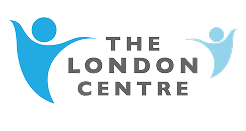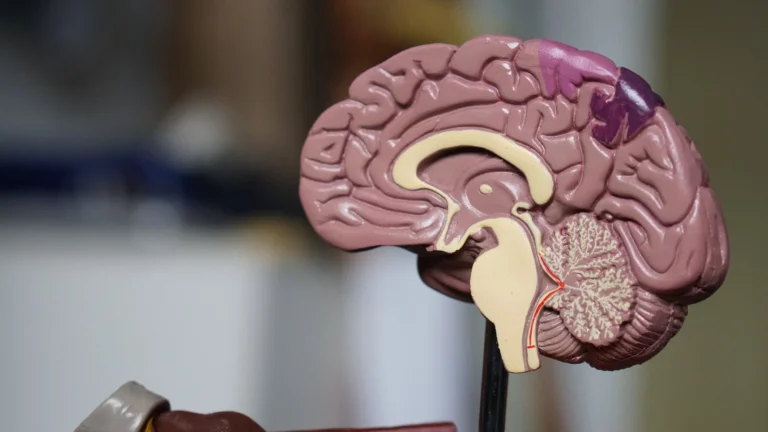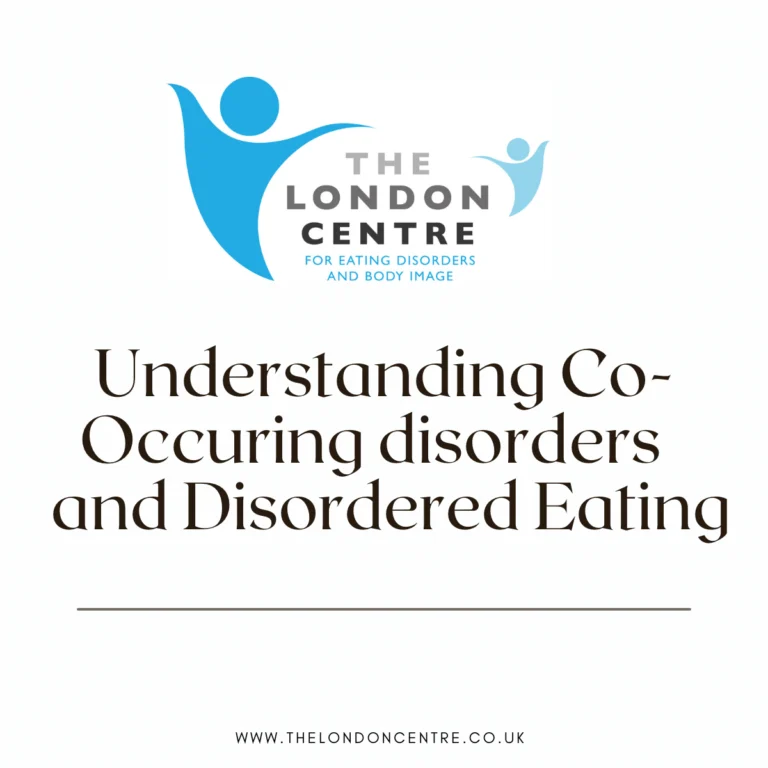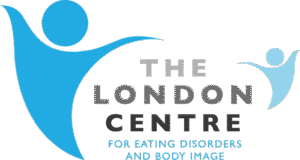Snags, Traps and Dilemmas
People often find that they frequently use certain ways of thinking and acting that do not achieve what they want, but yet are hard to change. Tony Ryle, who originally developed CAT as a psychological therapy, noticed three main patterns of unhelpful thinking and acting – he termed these Traps, Dilemmas and Snags. A key component of CAT is to identify what traps, dilemmas, and snags you use. These can be identified through discussion with your therapist, by completing the Psychotherapy File, and by developing a CAT diagram with your therapist. Therapy can then help you find ways of escaping these traps, dilemmas and snags.
Examples of each are given below:
1. TRAPS
Traps are things that we cannot escape from. Traps tend to be cyclical in nature -for example a behaviour that reinforces a negative belief we have about ourselves or others that in turn maintains the use of that behaviour. In the case of eating disorders an example might be bingeing in response to feeling bad about ourselves, but in turn feeling worse about ourselves because we have binged. Recognising these unhelpful cycles allows us to find ways that we may be able to break free from them.
2. DILEMMAS (False choices and narrow options)
Dilemmas, sometimes referred to as false choices, are the choices we make to stay in bad situations or unhappy patterns because we fear the alternative will be even worse. We continue to act in ways that we aren’t fully happy with, because we don’t see a better alternative. Sometimes we assume connections that are not necessarily the case – as in “If I do ‘x’ then ‘y’ will follow”. We often don’t realise that we see things like this, but we act as if these were the only possible choices. In eating disorders an example might be continuing restriction because we assume restoration of weight can only possibly lead us to being unhappy. Recognising that the assumptions that we make about change may not be accurate is the first step in positive change.
3. SNAGS
Snags are the things we think about that stop or prevent us from changing the behaviours we aren’t happy with. So when we say “I really want to change this about my self / my life but…’ we are naming a snag. Sometimes these snags come from how we or our families thought about us when we were young, e.g. “In our family we don’t…”, “X isn’t very good at…”. Sometimes snags come from other people in our life not wanting us to change – this could be explicit or implicit such as a family member becoming depressed, drinking more or becoming aggressive as we start to make changes that are positive for us. Sometimes people fear doing things that may make them happier because they fear they won’t achieve what they want, they don’t feel they deserve what they want, or they fear that if they achieve happiness it will only be taken away. It is helpful to learn to recognise these snags and how they are preventing you from making positive changes in your life. Only then can you learn to accept your right to a better life and begin to claim it.









